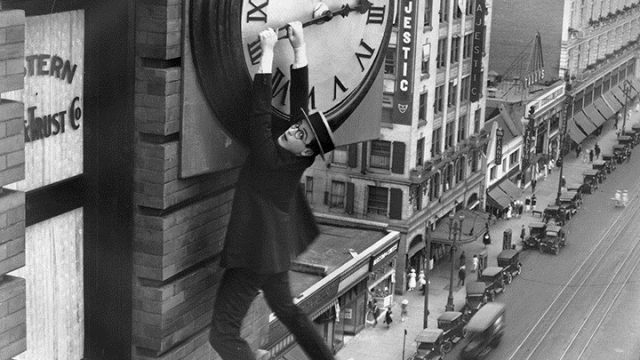As an author, copyright does matter to me. Not that I make any money from it, you understand, but I don’t want anyone else making money from my writing, either. (A few of us are making mumbly noises about maybe starting a Solute store with some Cafepress items so we can make something, but the money would first go to paying the server bill!) There are some people who want to abolish it entirely, and I think the practical result of that would be that mass art would come to a grinding halt. Why produce it if it’s not going to be worth your time? I can’t quite see Disney or Warner Bros. or whoever putting millions of dollars into a movie out of the goodness of their hearts.
But, yeah, that freakin’ mouse. Who still won’t be public domain this year, even without getting into issues of whether he could be considered a trademark and so forth, which I expect Disney to litigate approximately until the heat death of the universe, but the first Mickey Mouse cartoons will theoretically become public domain in another five years. The twenty-year freeze on copyright and what’s public domain, though named after then-Congressman Sonny Bono, was all about keeping the mouse under Disney corporate control.
That, to me, is a sticking point. Walt’s dead. Walt’s daughters are dead. And they were both born well after the mouse, true, but still. The younger one would’ve turned eighty-three this week. I think that is an age when she wouldn’t have needed the royalties from “Steamboat Willie” and “Plane Crazy” to survive. Dorothy L. Sayers, considerably less well-off than Walt, had one son (the circumstances of which are amazing and which I’ll have to write about at some point), who died in 1984; he didn’t need the royalties from Whose Body?, which enters the public domain this week. Even if you think the heirs have a reasonable claim to the work, for how many generations?
Assuming there are heirs, of course, which there aren’t always. I’m not saying all Prince music should now be in the public domain, but he died intestate. A court will be making decisions about who controls his music for decades to come. His only acknowledged child died a week after birth; he was not married at the time of his death. The courts have apparently allocated quite a large chunk of the estate, relatively speaking to pay for DNA testing, which I’m not sure is in the spirit of the idea of copyright in the first place. “I should control ‘Batdance’ until 2086 [or whenever; I’m not sure if it counts as a “work for hire”] because Prince had a one-night stand with my mom in 1992″ is not the same as “I should be able to make a living on my work.”
And, yes, part of me hopes that having certain works released into public domain will mean adaptations. I didn’t realize that Whose Body? was on the list, and now I’m getting my hopes up about a Lord Peter Wimsey movie again, or at least an audio book not read by Ian Carmichael. We could get an adaptation of Zane Grey’s “The Vanishing American” short story; I’m not familiar with Grey outside of “Colonel Potter’s preferred bedtime reading,” but apparently the original story has harsh things to say about the treatment of the Native population. The Chip Woman’s Fortune, by Willis Richardson, could spark a renaissance of treatments of the work of Jazz Era black writers. Jeeves and Tarzan and Bambi are all on the list.
It is also apparently true that “in public domain” tends to mean “more accessible.” Think all those dire collections of fifty movies for three dollars that you find wherever DVDs are sold—all of those movies are public domain. (Often because no one filed an extension back when that was still something you had to do; several quite prominent films are public domain for weird reasons, like To Kill a Mockingbird and Night of the Living Dead.) As public domain expands, more movies will be available on collections like that, there to be seen by anyone with a few dollars to spare. In theory, they’ll be dumped onto streaming services, too. Project Gutenberg is on the books. Musicians are tuning up “We Have No Bananas” as we speak. 1923 hasn’t been this fashionable since 1924.
Help me make a living on my work; consider supporting my Patreon!

